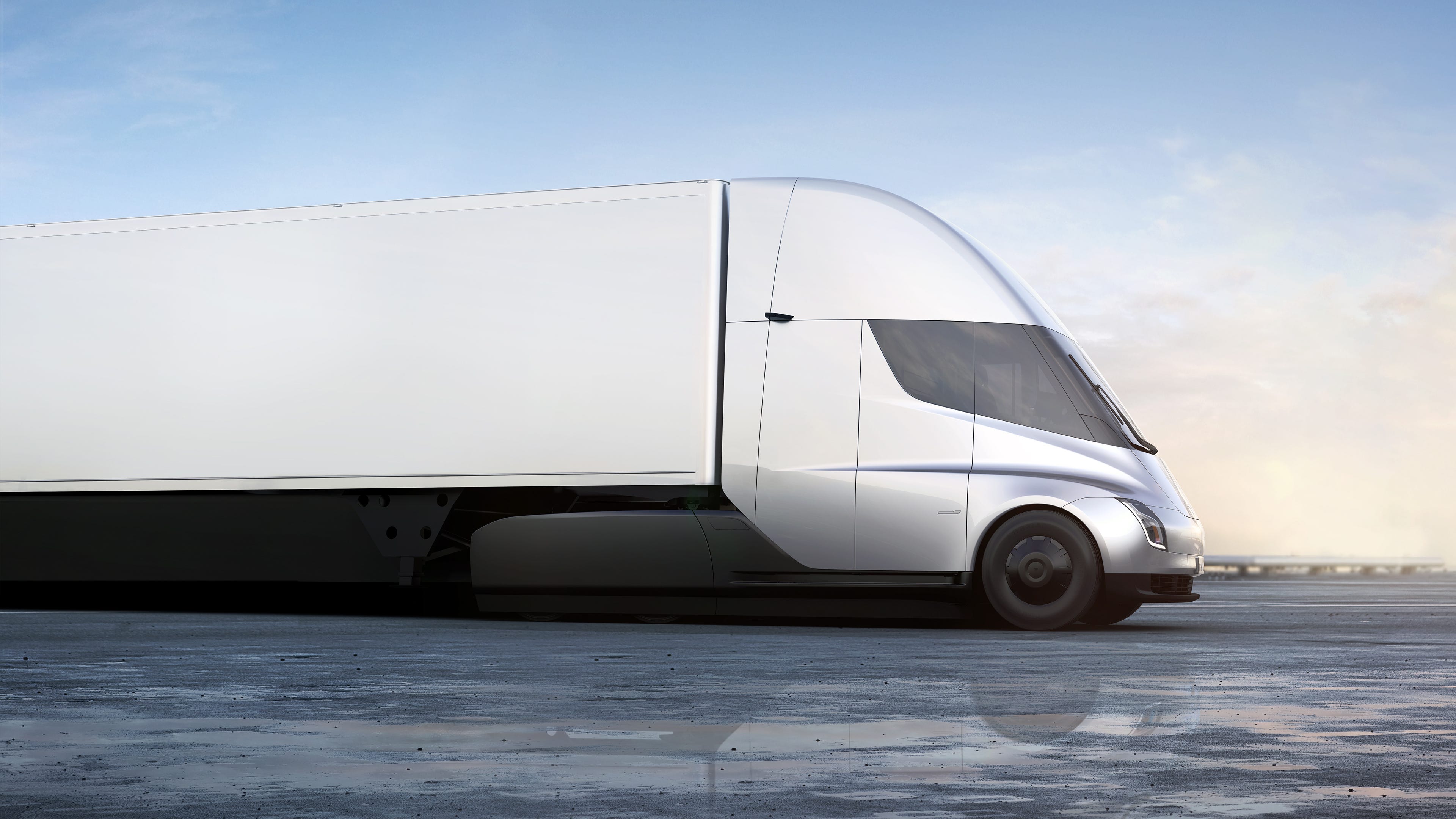
What is the Internet of Things (IoT)?
You’ve likely seen or heard someone mentioning the concept of the internet of things, wondering what all the commotion is about. These days it’s easy to hear an item or service coming out under the guise of the Internet of Things (IoT) but what is it really? Is it some type of artificially intelligence, high speed internet, or even smart appliances? As it turns out IoT all of these things and more.
The Internet of Things is defined as the connection of several devices to the internet. How this differs from the internet is that instead of a network of computers you have a network of items communicating with one another through embedded computer chips. This can applied to almost anything you can think of such as a toothbrush, manufacturing tools, roads, or even clothing. These items will gather information, and send information back to a central database. As it stands this new wave of technology is likely to have far reaching benefits and drawbacks in all of our lives.
What will the IoT change?

One place that IoT is sure to reach is the home space in the form of home automation. Now depending on when you were born, you may or may not remember a Disney movie called Smart House. Smart House was about an artificial system called PAT which acted as the perfect housekeeper, caretaker, and planner of the residence for the Cooper family. Included in Smart House were “floor absorbers” that sucked up rubbish, a system that controlled each room temperature, a smart fridge, and digital displays for convenience to name just a few. Now while things ultimately didn’t turn out too well in Smart House, some of the technology featured that eased up home life easier is coming to fruition these days. One real world example is Nest from Google. Nest is a smart home automation brand that offers smart smoke detectors, security cameras, and thermostats. Google and other companies are poised to develop increasingly smart home devices such as cameras, alarms, and thermostats that will interconnect with one another to manage home life more efficiently and adjustable from your phone.

Another field that promises a drastic change is transportation. As tech companies continue to develop self-driving cars which require no drivers, cities will have to rearrange roads and networks with sensors to make it easier for these new wave of cars. Take the United States for example, where the Department of Transportation is working hand in hand with tech companies to reduce car accidents by potentially as much as 80%. Aside from just personal vehicles, trucks will soon see a major revamp with self driving-cars being implemented, fleets of trucks will be coordinated. Electric car company Tesla is a major company in the field, having recently presented self driving semi trucks with a 500 mile range which could shake up the trucking industry. All in all the near future could see a radical way in the way we travel and view the automobile industry.
Businesses are set to invest billions in upgrading towards Internet of things. Especially manufacturing industry which will seek to use IoT technology to improve the sector. One change could be location tracking which would help to keep track of equipment, tools, and inventory. By outfitting everything with sensors, manufacturing could save millions. Manufacturing IoT could also improve the efficiency of operating, sensors could help indicate when equipment isn’t working or needs replacement.
Conclusion
While the Internet of things promises to make our lives generally easier and more efficient there are some serious concerns to be addressed. The major issue that stems from IoT is security. With multiple devices in your home or office having computer chips that don’t necessarily follow the same security protocols they could potentially become exploits that hackers target. Not just devices but also your car or infrastructure that’s connected’s to the network.





Comments
Post a Comment